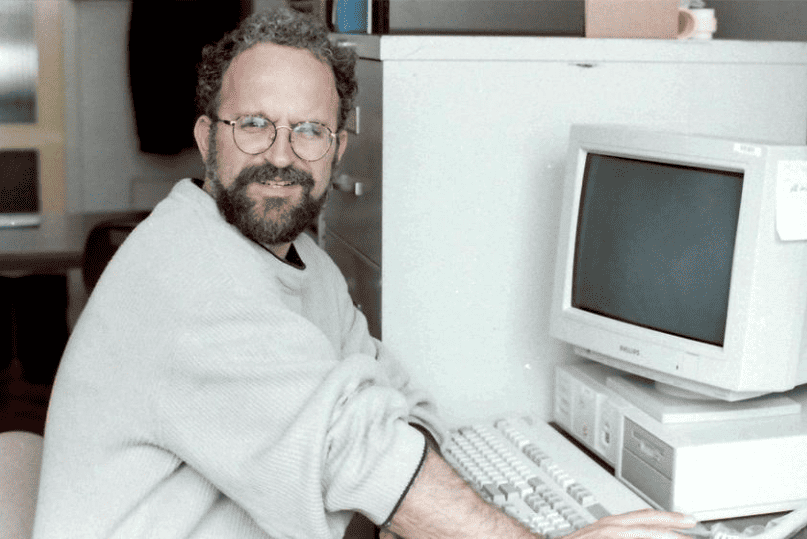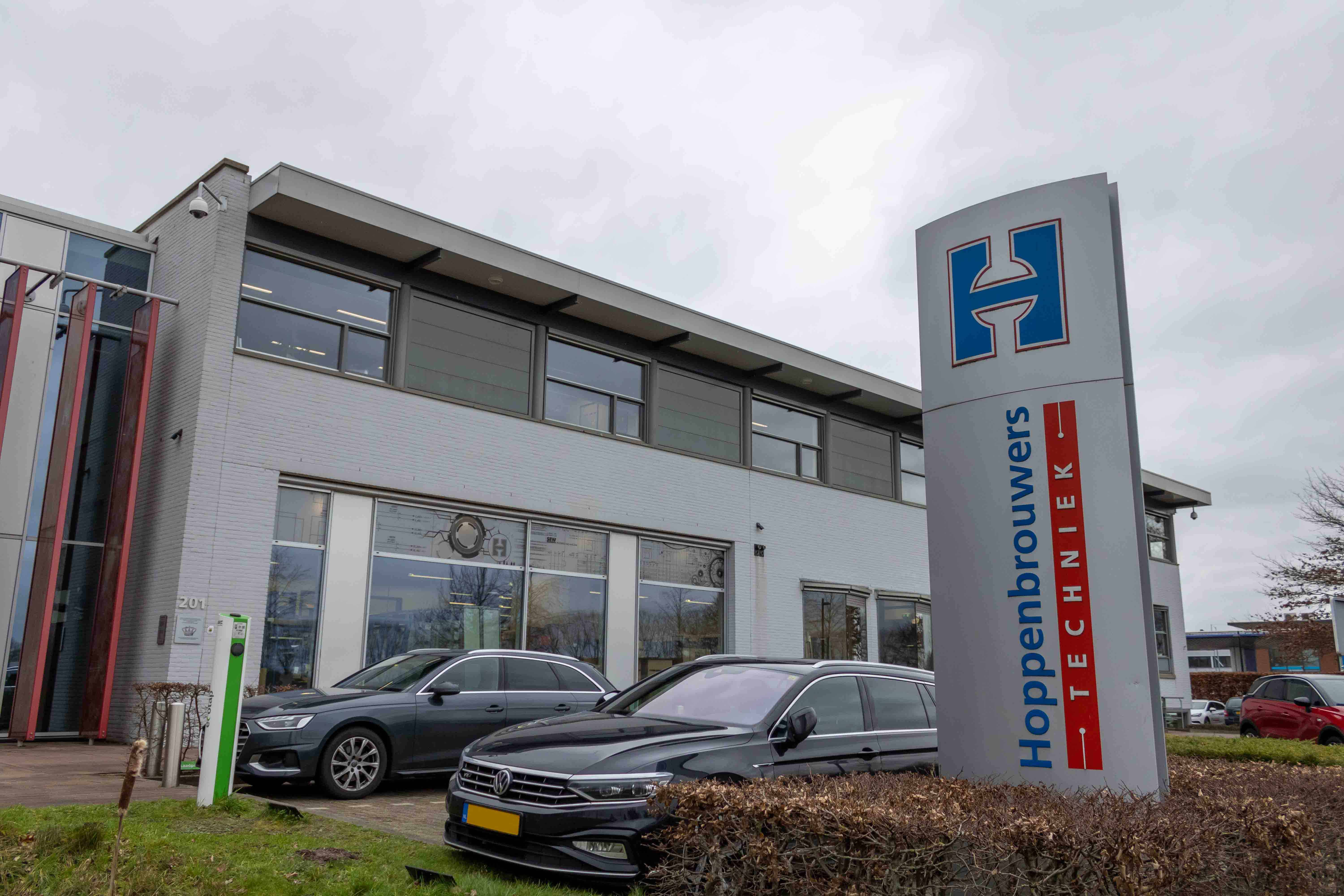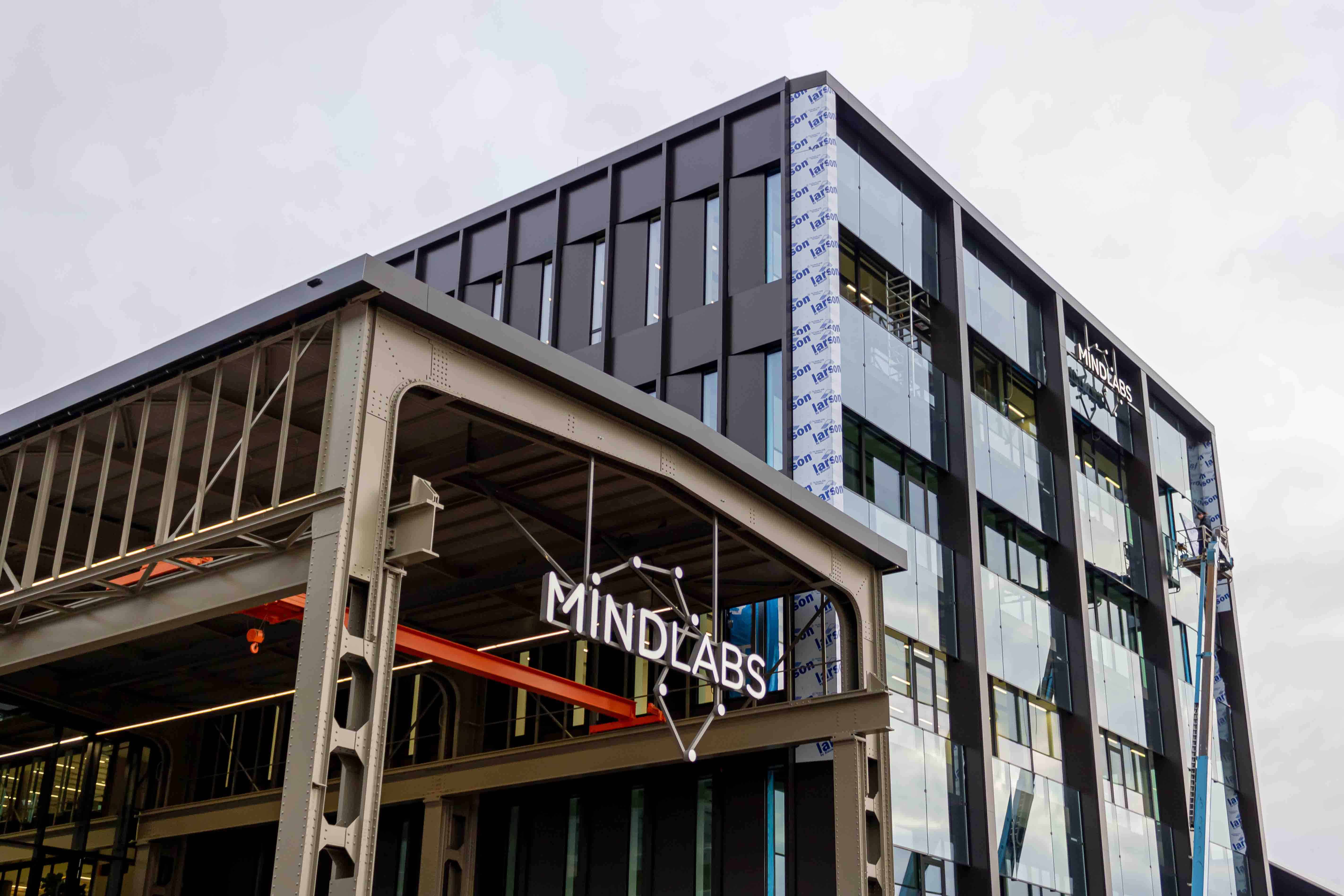
Youth is the future. That is something that everyone will agree on. However, the corona crisis has made that future more uncertain. Especially those children who were already lagging behind in their education are paying the price during school closures. The Veldhoven technology company ASML has decided to do something about it. They are organizing a free tutoring program together with the Spectrum Brabant care and education center under the name ‘Eerlijke Kansen’ (Fair Chances).
It is intended for all secondary schools in the Brainport Eindhoven region. AMSL says that enthusiasm among its own employees is enormous. The chip machine manufacturer reports that dozens of volunteers have signed up for the extra tutoring sessions so far.
The goal is to provide at least 400 hours of tutoring this year in science subjects such as physics, chemistry and mathematics. A pilot in February was successful, according to ASML and Spectrum Brabant. That pilot involved 10 employees from ASML sharing their knowledge with 10 secondary school students.
Fair and equal opportunities
“As a knowledge company, education is very important to us,” says Janneke Snoeijen, program manager of community engagement Education at ASML. “We see that educational disadvantages are growing more rapidly because of the corona crisis, especially among vulnerable students. We are helping to close that gap through this program.”
The offer of ASML and Spectrum Brabant is there for all students who have fallen behind in their studies. This may be due to dropping out of school because of the corona pandemic. But could also be due to an illness, lack of financial resources or psychosocial problems, for example.
The students cannot apply themselves directly, but are referred by schools, aid and/or welfare agencies, who have the vulnerable children in their sights.
Together we are strong
In order to give the free tutoring lessons, the employees of ASML first receive training from Spectrum Brabant. Then they are matched with students after that. The tutoring series starts with an intake and an introductory meeting, followed by a maximum of 6 online tutoring sessions. The lessons can be given in Dutch or English.
Project manager at Spectrum Brabant Chantal Drossaert is enthusiastic: “Educational disadvantages can have different root causes, but it is now exacerbated by the corona crisis. We are therefore very proud that our collaboration with ASML has led to this fantastic project. We hope that other organizations and companies will be inspired. Since it is only together that we will find the strength to tackle the educational disadvantages in the Netherlands.”

More initiatives
Getting the business community involved in education has had more success in the past as well. Consider, for example, the wonderful work of IMC Weekendschool. It has been organizing company visits and guest lessons for children aged 10 to 14 in the fields of law, journalism, philosophy, art and business, among others, for many years already.
It is often very inspiring for students to be able to experience how school knowledge can be used in real life. Yet it can be just as much of an eye-opener for teachers. After all, they often don’t know so much either about the practical usefulness of a mathematical formula or a certain physical law. Other private initiatives in this direction include Jet-Net and Tech-Net or Bedrijf in de Klas (Company in the Classroom) from Martha Hoebens.
The main goal is obviously to help young people. All the same, companies are increasingly realizing that they themselves benefit from these kinds of interactions. For example, the ASML employees who participate in the Eerlijke Kansen project also, in a sense, help their own employers. After all, if schoolchildren are encouraged to stick it out with subjects such as physics, mathematics and chemistry, then perhaps the shortage of technical personnel can be addressed in the long run.
The lack of enough technical talent in the Netherlands has long been a thorn in ASML’s side. Innovation Origins columnist Helen Kardan also wrote about this quandary here.







